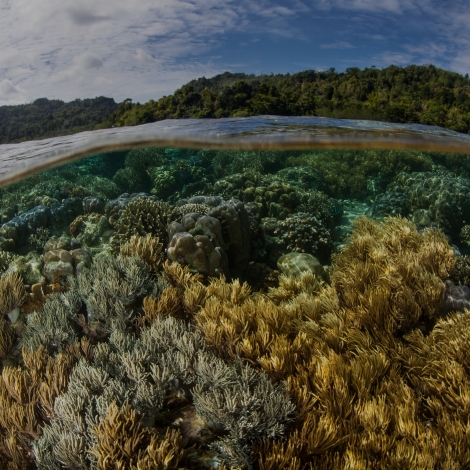
Once an IPR is granted, both Indian and foreign entities will require prior approval from NBA for any commercialisation.
Currently, all foreign entities engaged in research and commercialisation involving any Indian biological resource, have to sign benefit-sharing agreements even before initiating research. Further, if any intellectual property (IP) rights are sought involving such research, both Indian and foreign entities must enter into benefit-sharing agreements in lieu of permission by the NBA. Any such patent will remain pending until such time as the necessary permission from NBA is submitted to the Indian Patent Office. In addition, contravening the provisions attract criminal penalties. All this has led to widespread discussions on possible simplification and clarity in the Act.
To address some of the above concerns and to ensure that the Act is relevant in the current and future contexts, an amendment – Amendment Bill 2021 [henceforth referred to as “the Bill”] has been proposed before the Indian Parliament. The Bill proposes to provide relief on penal provisions, simplification of the approval process for Intellectual Property (IP) applicants, among other changes.
In this blog, we review some of the key proposed amendments:
Biological resources
At the outset, the Bill seems to have widened the definition of “biological resources” – it now includes plants, animals, micro-organisms or parts of their genetic material, derivatives (excluding value-added products), with actual or potential use or value for humanity. However, it does not include human genetic material. The proposed definition seeks to remove the term ‘by-products’ and replace it with the term “derivatives”. The derivative is further defined as ‘a naturally occurring biochemical compound or metabolism of biological resources, even if it does not contain functional units of heredity’. This amendment seems to have expanded the scope to include more components than what was noted previously.

